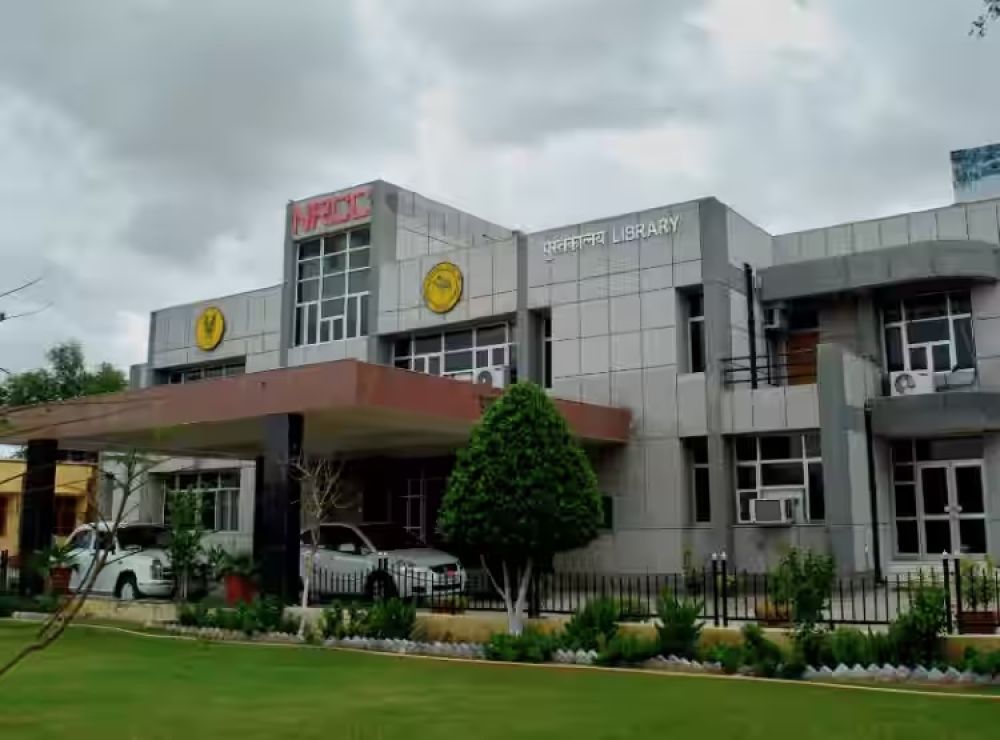

The National Research Centre on Camel in Bikaner, Rajasthan, also commonly referred to as the 'Camel Research Centre', was established in 1984 by the Central Government under the Indian Council of Agricultural Research. It began not only as a research institute focusing on these hardy desert animals but also as a spot to recognize and celebrate the cultural importance of camels in Rajasthan.
In its early days, the National Research Centre on Camel primarily attracted scholars, researchers, and those with interests in veterinary sciences. However, the charming appeal of camels and the traditional culture of Rajasthan quickly caught the attention of tourists. The once secluded research facility saw a gradual increase in curious visitors eager to learn about and interact with the 'ships of the desert'.
As the tourism industry in Rajasthan flourished, the National Research Centre on Camel found its place on the tourist trail, particularly for those seeking experiences beyond the palaces and fortresses. Its proximity to the Junagarh Fort and other historical attractions in Bikaner made it a convenient stop for travelers.
To cater to the growing interest, the center expanded its offerings. It began to organize camel rides, guided tours of the facility, and instituted a camel museum. These enhancements significantly bolstered tourist engagement and education about the physiology, history, and importance of camels in the region.
In recent years, tourism at the National Research Centre on Camel has seen a shift with a focus on sustainable and responsible tourism. Visitors are encouraged to understand the ecological role of camels, their herding and breeding traditions, and the methods employed to conserve this species amid modern challenges.
Moreover, the institution has gained attention during events such as the annual Camel Festival in Bikaner, which showcases camel races, camel milk tasting, and other cultural festivities. These events have been pivotal in drawing both national and international tourists to the center.
The growing popularity of the National Research Centre on Camel has positively impacted Bikaner's local economy. It supports various stakeholders, including guides, souvenir vendors, and camel caretakers, fostering a sustainable tourism model that benefits the local community.
Today, the National Research Centre on Camel stands not only as a beacon for animal research but also as a unique emblem of Rajasthan's tourism, drawing thousands of visitors each year who leave with a greater appreciation for these incredible desert animals and the people who have thrived alongside them for generations.
Opening Hours: The National Research Centre on Camel is open to visitors throughout the year, generally from early morning to evening, except on local holidays.
Best Time to Visit: The cooler months from October to March are considered the best time to visit, offering a pleasant climate for outdoor activities.
Entry Fee: There is a nominal entry fee for visitors, which helps in the maintenance of the facility and the welfare of the camels.
Getting There: The center is located about 8 km from Bikaner city center and is easily accessible by local transport. Bikaner is well-connected by road and rail to major cities in India.
For the culturally curious and animal enthusiasts alike, the National Research Centre on Camel promises an enriching and memorable experience in the heart of Rajasthan's desert landscape.